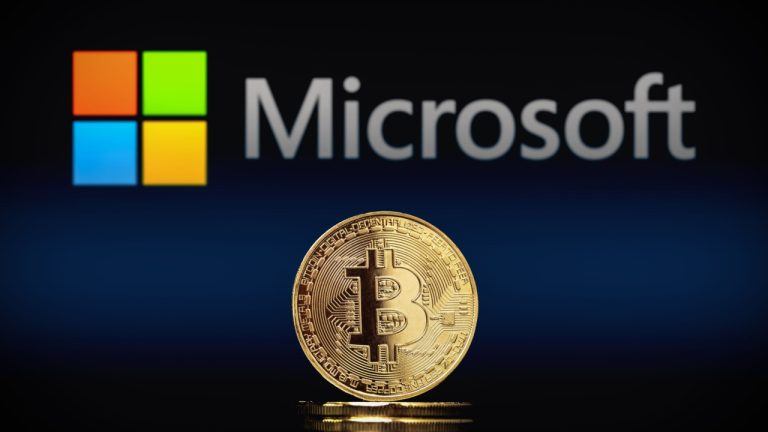
Bitcoin surges to $58,000 amid renewed ETF inflows
Key Takeaways
- Bitcoin ETFs simplify crypto investments by eliminating the need for direct exchange interactions.
- Regulatory oversight of Bitcoin ETFs increases investor confidence and market stability.
Share this article
Spot Bitcoin (BTC) exchange-traded funds (ETF) registered $45 million in inflows on Aug. 7, according to Farside Investors. As a result, Bloomberg senior ETF analyst Eric Balchunas highlighted how surprised he is with the funds’ holders during the recent pullbacks.
“I’m bullish as it gets re ETF investors’ intestinal fortitude (in all asset classes) but even I’m surprised here. I was expecting 2-3% of the aum to leave and declare that as ‘strong’,” stated Balchunas on an X (formerly Twitter) post.
He also highlighted the fact that BlackRock’s IBIT registered no outflows since Monday, although the fund traded $5 billion so far. “A total freak,” he added.
WisdomTree’s BTCW added to the inflows yesterday, with $10.5 million in cash allocated to the fund. On the other hand, Grayscale’s GBTC registered $30.6 million in outflows, which were partially muted by the $9.7 million in inflows showed by their BTC fund.
Institutional appetite is still strong
Institutional investment in Bitcoin is still strong in 2024, majorly fueled by the approval of spot exchange-traded funds (ETFs) in the US. According to a Chainalysis report, ETFs have recently seen a significant uptick in trading, indicating sustained interest from both institutional and retail investors.
Institutional investors particularly benefit from the regulated nature of ETFs, which ensures compliance with stringent security and oversight requirements, the report highlights. As a result, transactions larger than $1 million, usually attributed to institutions, reached an all-time high in March.
“This influx of institutional capital not only highlights significant investor interest but also signals a shift towards larger, more strategic crypto investments,” stated Chainalysis.
On the retail investors’ interest, Chainalysis points out that Bitcoin ETFs present more familiarity and ease of trading, akin to stock trading through brokerage accounts. Additionally, the ETFs’ liquidity and transparency further enhance their appeal, providing a secure and straightforward investment option.
The report also addresses the possibility of ETFs based on other crypto, and even the possibility of leveraged and inverse ETFs. “Additionally, thematic ETFs focusing on specific areas like blockchain applications and tokenization could enter the market.”
Earlier this year, the ProShares Bitcoin Strategy ETF, launched in October 2021, became the first Bitcoin ETF on the US stock exchange, amassing over $1 billion in assets while tracking the S&P CME Bitcoin Futures Index.
Earlier this year, the SEC approved spot Bitcoin ETFs from major issuers like BlackRock, Ark Invest, and Grayscale, marking a milestone that could lead to significant institutional investments and market growth.
Last month, BlackRock’s Bitcoin ETF saw unprecedented inflows with $2.5 billion in a single week, signaling heightened institutional participation and potential market expansion.
Recently, the demand for spot Bitcoin ETFs surged, with $2.45 billion invested in February, emphasizing their role in enhancing Bitcoin’s liquidity and market stability.
Earlier in May, institutional adoption of Bitcoin ETFs surged, driven by significant inflows and robust regulatory approval that boosted investor confidence.
Share this article
Go to Source
Author: Gino Matos










